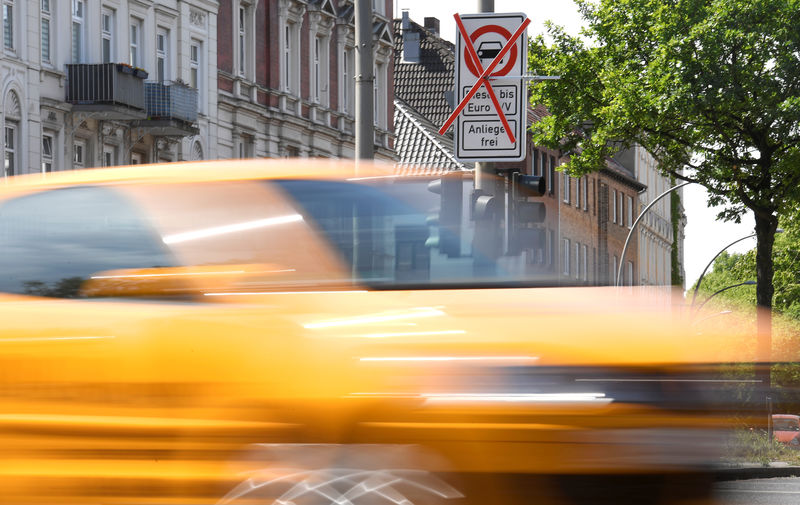BERLIN (Reuters) - German carmakers have a moral obligation to refit heavily polluting diesel vehicles on the country's roads, environment minister Svenja Schulze said, but conceded that the government had no legal means to make them do so.
In an interview published in Die Welt newspaper on Monday, Schulze said refits could first be carried out on cars on the road in particularly polluted cities. By targeting areas most affected, the costs of such refits need only be "in the low single-digit billions", she said.
Revelations in the wake of the Volkswagen (DE:VOWG_p) emissions scandal that nitrogen oxide emissions of diesel cars were much higher than previously thought have weighed on Germany's big carmakers for over a year, with some hit by heavy fines from regulators around the world.
Diesel emissions have also led to several German cities exceeding European Union air pollution limits, which has triggered enforcement action by the European Commission.
"As far as I'm concerned it's not about immediately refitting all diesels in Germany," Schulze said. "I advocate a step-wise plan to refit diesels where the air is particularly bad... The total costs would then be in the low single-digit billions."
While she conceded the government had no legal means to force carmakers to follow her plan, she said they were under a moral obligation to do so.
"Without refits, consumer confidence will fall even further," she said. "Neither drivers nor taxpayers should be asked to pay. Carmakers are under an obligation!"

Germany's second largest city, Hamburg, will ban the most polluting diesel vehicles from two major streets from May 31, a move that could spur others to follow suit and raise pressure on carmakers to consider vehicle refits.